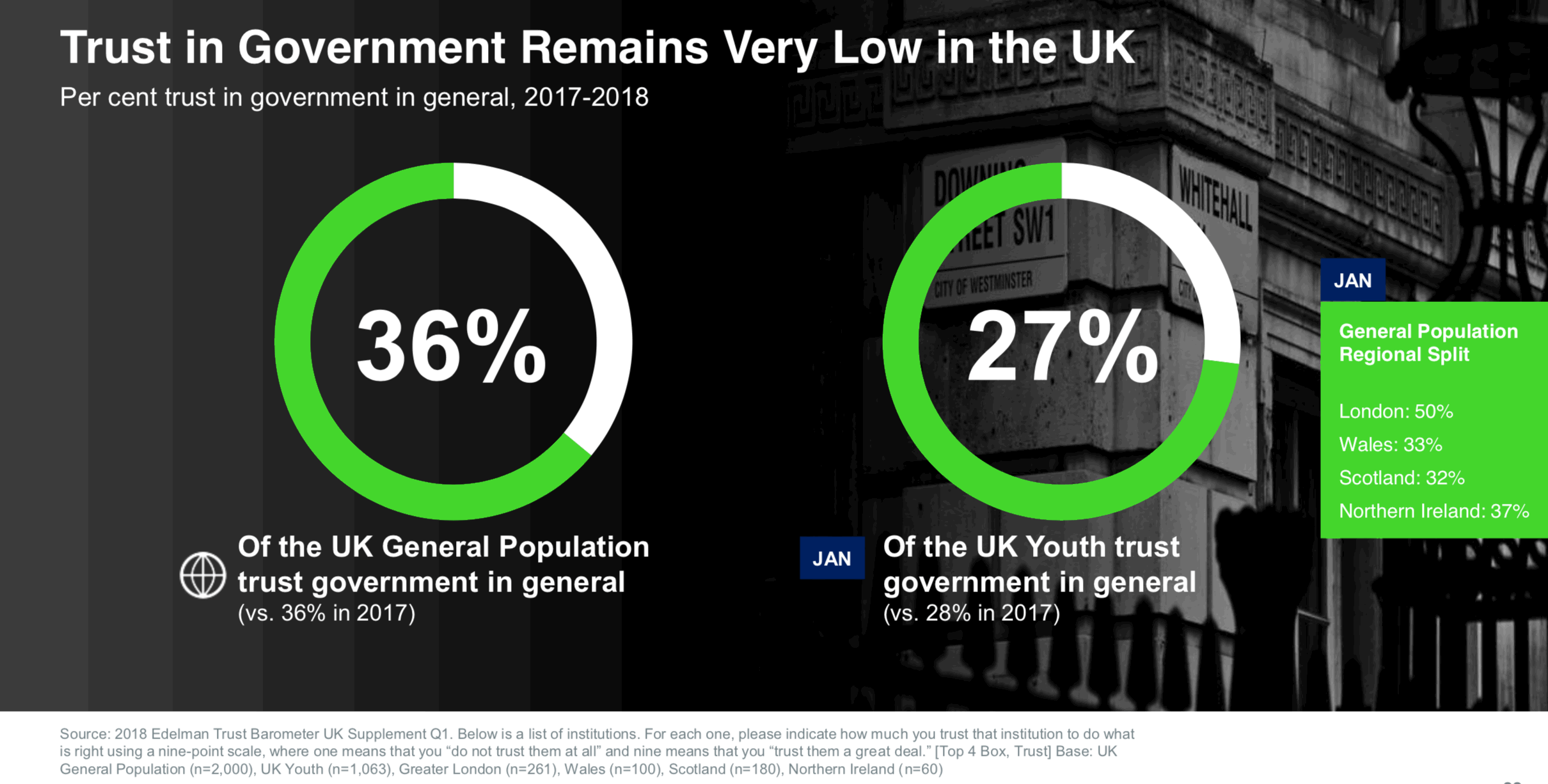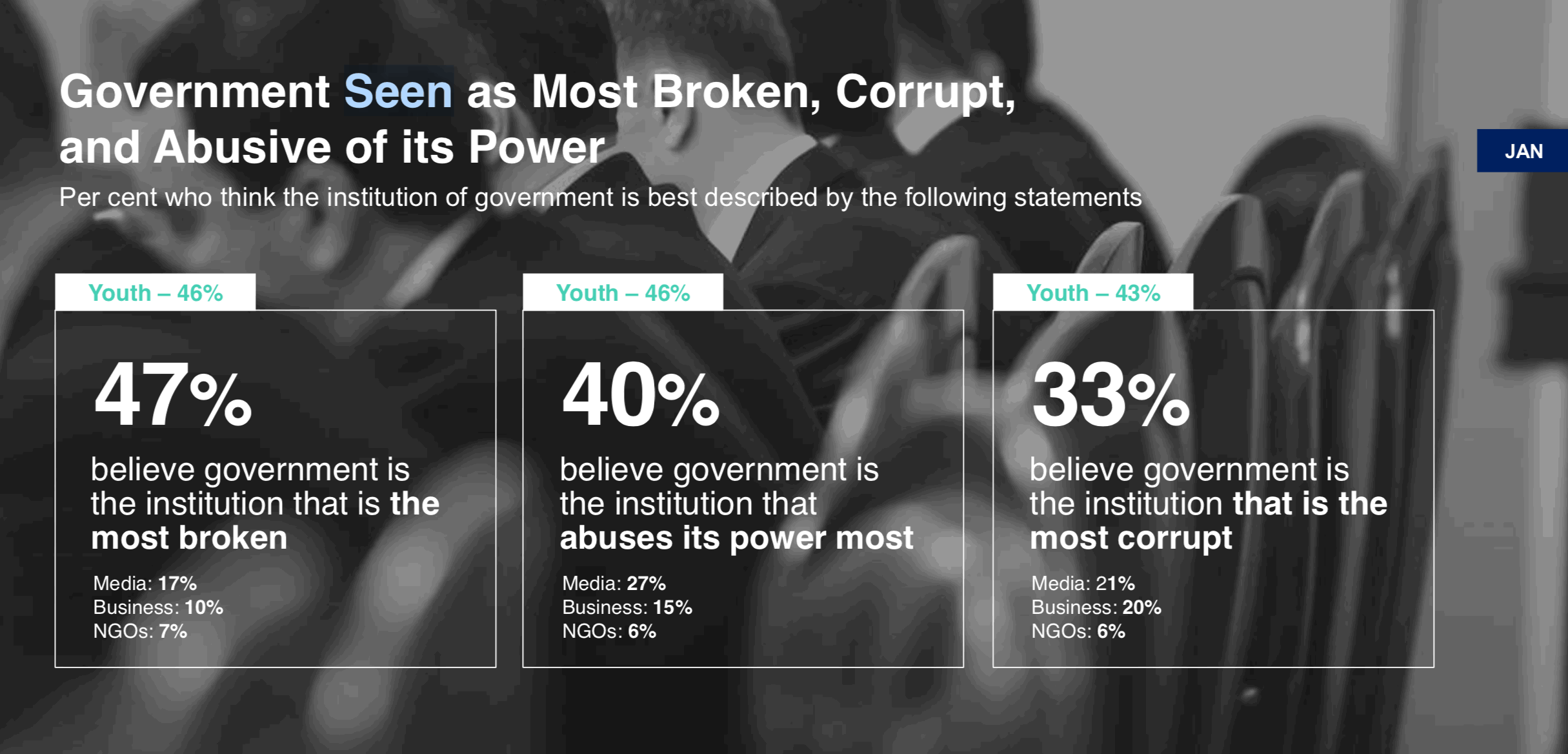It costs you £11K to become an MP - & then there's the stress, divorce, alcoholism... No wonder politics is broken
Some of Dave Nevard's portraits of politicians
It's good to be occasionally reminded of how toxic official politics can be. The Spectator journalist Isabel Hardman - herself candid about her mental health - has written a book called Why We Get The Wrong Politicians.
In it Hardman tries to outline the personal toll that Westminster MPs pay, as they battle and scheme away against each other in the so-called Mother of Parliaments - never mind the costs of trying to get there:
I’ve discovered one of the main reasons why only well-off people become MPs. It’s because they have to spend tens of thousands of pounds of their own money on standing for Parliament.
I asked 532 candidates who stood in the 2015 election how much it had cost them, and was shocked by the answers. The average cost for all candidates, whether they were standing in a seat that they’d certainly win, one where they might win or a no-hope constituency, was £11,118.
For those who had to fight in marginal seats, the costs were even higher. Conservatives who won their seats spent £121,467. Their colleagues who failed to win still lost an average of £18,701.
Labour was no better. If you won your seat, you lost around £19,022, but those who failed to get elected spent even more — £35,843.
Some spent money they had saved to buy a home. Others maxed out their credit cards and are still paying off the debts today. This money didn’t go on leaflets or any of the other official campaign spending that is tightly regulated.
Instead, it was working for free for up to two years, travelling around and sometimes even moving to the constituency, and attending local events. One broke candidate needed help from members of her party to pay her mortgage. She didn’t even win her seat.
Another ex-candidate was delighted when he landed a new job and could afford to buy a house — before he realised he’d spent the deposit on campaigning, ironically for the “party of home ownership”.
This ludicrous cost excludes so many people who would make much better MPs than the ones we currently have.
Elsewhere, Hardman writes about how MPs are mostly told what to do by their party "whips" (a delightful image for those who guide MPs to follow their party or government policy), which means even the policy which passes before them is poorly read and barely understood - "politicians failing to notice problems until they turn into real crises".
More from Dave Nevard
She is also acute on the terrible human relations between parliamentary representatives - which must have an effect on policies pursued. As Hardman writes in the Spectator:
Labour MP Liam Byrne, whose father had a drinking problem, points out that many of his colleagues were also children of alcoholics, which makes them far more likely to develop an addiction themselves. Indeed, politics itself is addictive, with MPs locked into a cycle of dopamine hits from gaining power and praise. A surprising number come from broken or dysfunctional homes, and some admit that their drive comes partly from trying to show an absent or abusive parent that they were in fact worth loving.
...Tory MP Charles Walker, who has spoken openly about his obsessive compulsive disorder, believes it isn’t so much that Parliament makes people unwell as that it exploits existing weaknesses. ‘If you are predisposed to having a weakness or a condition, Parliament will expose it,’ he says. ‘If you have a predisposition to alcoholism, Parliament will accelerate it. If your marriage is weak, it might have failed in ten years, but Parliament will ensure it falls apart in five. If you have an underlying disposition to a mental illness, which may never have developed, Parliament will ensure that it does.’
Hardiman's book asks us not to vilify all representative politicians as a class - but her book does anatomise part of the reason why official political culture is such a turn-off to the vast majority of people in society.
We came upon The 2018 Edelman Trust Barometer the other day, and it posts some terrible stats on how government is regarded in the UK:
The point of the Alternative UK is to propose a whole set of "alternative" means of expressing power and voice, and deploying resources, in the face of a "broken" politics. But Hardman reminds us pungently of the human, personal and relationship factors that compels the majority to keep their distance from official politics. And the possibilities for new entrants if we pursued a "friendly revolution" that could change those factors.





